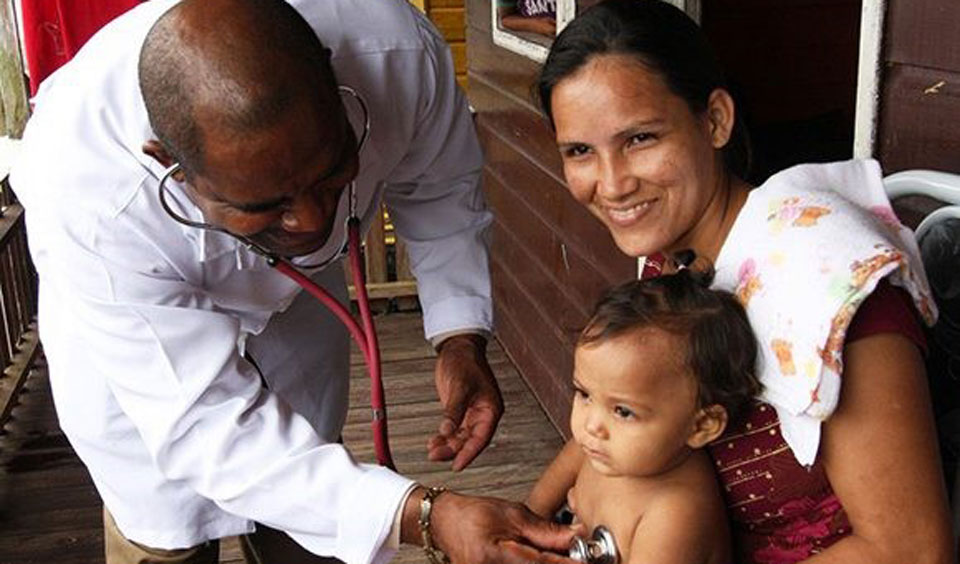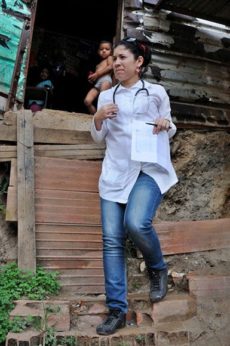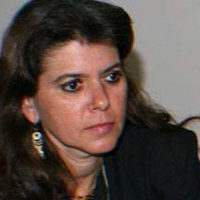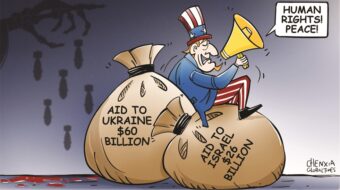
The United States government sees fit to try to change the governments of Cuba and Venezuela. Now the U.S. is exerting all its power and means—not yet U.S. soldiers on the ground in battle positions—to bring down the sovereign Venezuelan government of President Nicolás Maduro. Lies and repeated lies are part of the process.
Barriers separate Cuba and Venezuela from the United States. Regular U.S. citizens are far removed from both places, and from the truth. The U.S. liar in chief, National Security Council head John Bolton, is also far removed, but he has taxpayer-funded resources for knowing the truth. Even so, he and his colleagues repeat lie after lie as if, in doing so, they are converting lies into truth. Here, rather than deal with the lie about Venezuela’s government as “dictatorship,” we look at a more restricted but equally flagrant one.

The mainstream media records, but doesn’t question, the notion put forth by Bolton and friends that Cuba’s military runs the show in Venezuela. Allegedly, Cuba has 20,000 soldiers there. In fact, Cubans in Venezuela are doctors, nurses, teachers, and sports specialists, but mostly doctors. They aren’t soldiers. That’s a lie.
Teresa Melo has a perspective on this lie. The much-honored Cuban poet asks questions based on what she’s seen and heard. In Maine, where I live, the truth in Cuba and Venezuela doesn’t show up in neon lights. But in Teresa Melo’s brief communication of May 1, we can feel the truth, maybe smell it. She titles it, “What I have lived” (Lo que he vivido). She asks:
“What will the mother say today who knelt in the airport when her son was leaving for Cuba and she was giving thanks for his scholarship to study medicine?
“What will the young person brilliant in his examinations say today who had no direction because he was cleaning shoes and didn’t want his friends in school to know, but then was discovered and studied in Cuba?
“What will that indigenous grandmother say who embraced me in the comprehensive diagnostic center [in Venezuela] because I was Cuban?
“What will the man say who hated Cubans because the media was putting out what we know they do? But it was only a Cuban who could cure his mother.
“What will the father say having seen his daughter come alive again through the cultural missions [from Cuba]?
“What will they say at that tiny place so close to the border with Colombia where Cuban doctors were their pride and joy for taking care of their people? What will the low-life up in the hills say who asked everyone to look after the doctor?
“And there was the guy telling me about a day of [anti-Chávez] violence who confessed that, if Chávez paid them, they’d turn around and shout ‘he lives’ (viva)! What will they say?”
The author translated. The Spanish-language version of Teresa Melo’s contribution is accessible here.













Comments